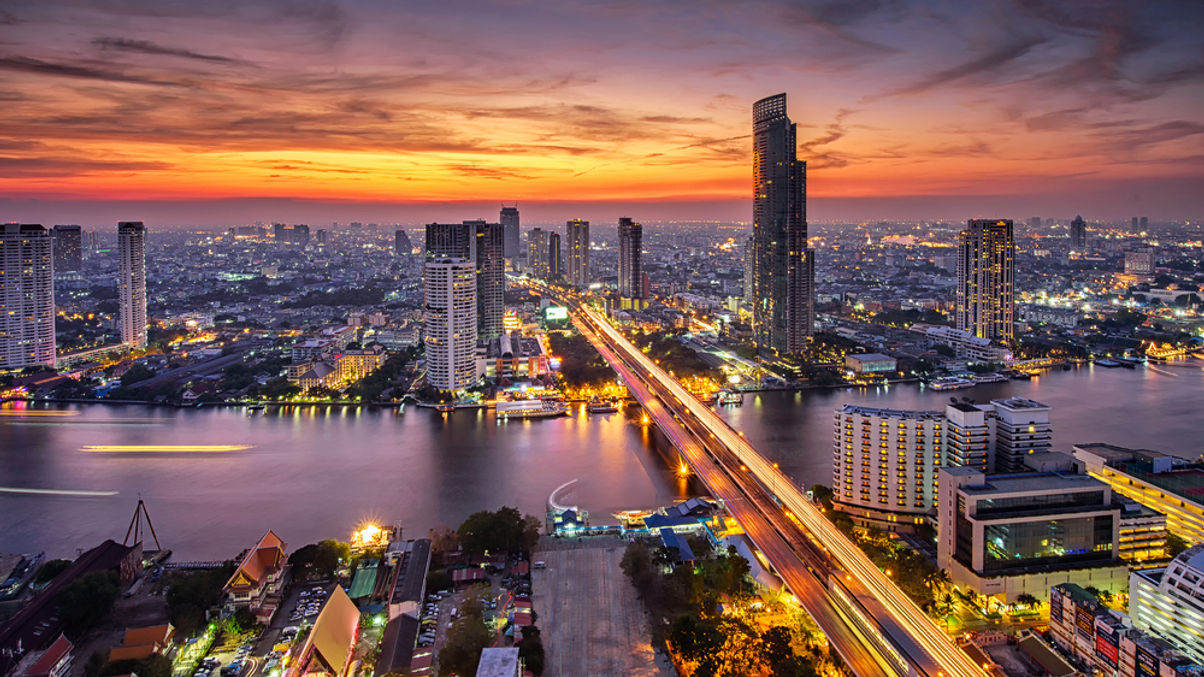Thai family offices poised for allocation shifts as next gen takes over
Traditional asset allocation patterns, heavily tilted towards assets such as property, could change as wealth transfers to the next generation of wealthy Thai families, says a top investment executive at a single family office.

Thailand’s wealthy families – and family offices – are poised to experience changes in broad asset allocation trends and themes as wealth transfers from one generation to another, a family office executive told AsianInvestor.
Sign in to read on!
Registered users get 2 free articles in 30 days.
Subscribers have full unlimited access to AsianInvestor
Not signed up? New users get 2 free articles per month, plus a 7-day unlimited free trial.
¬ Haymarket Media Limited. All rights reserved.


